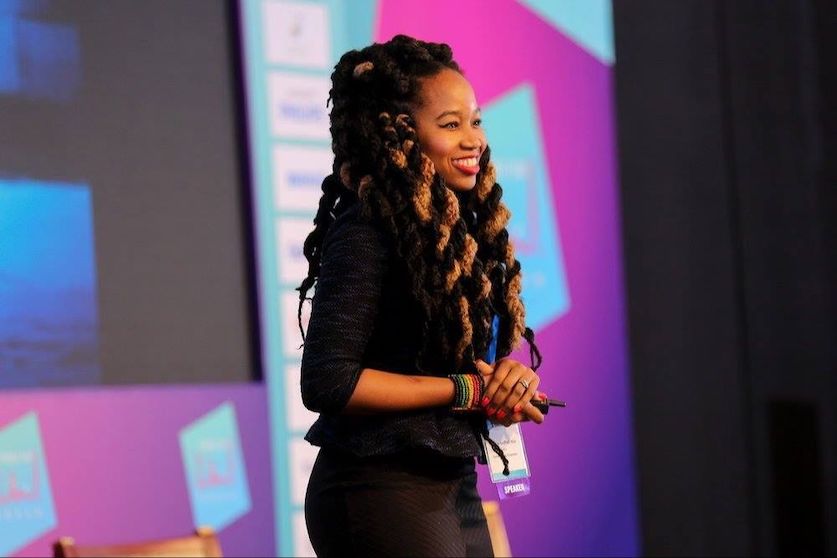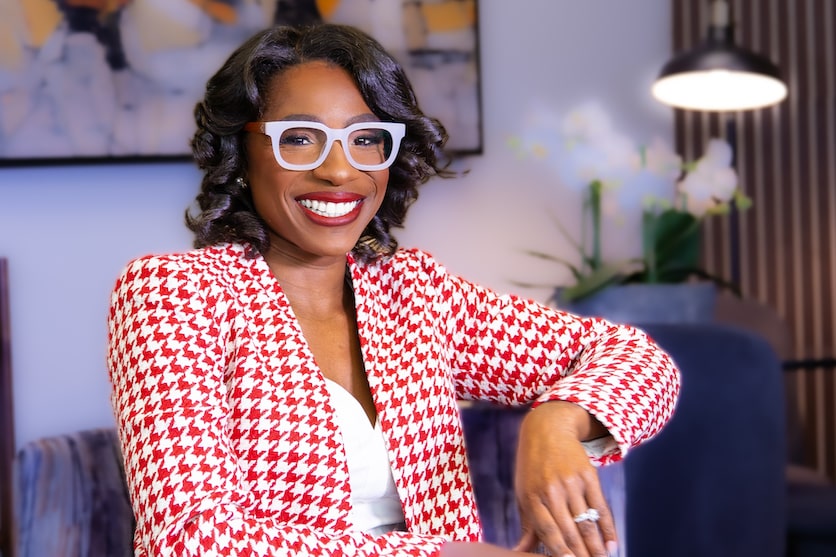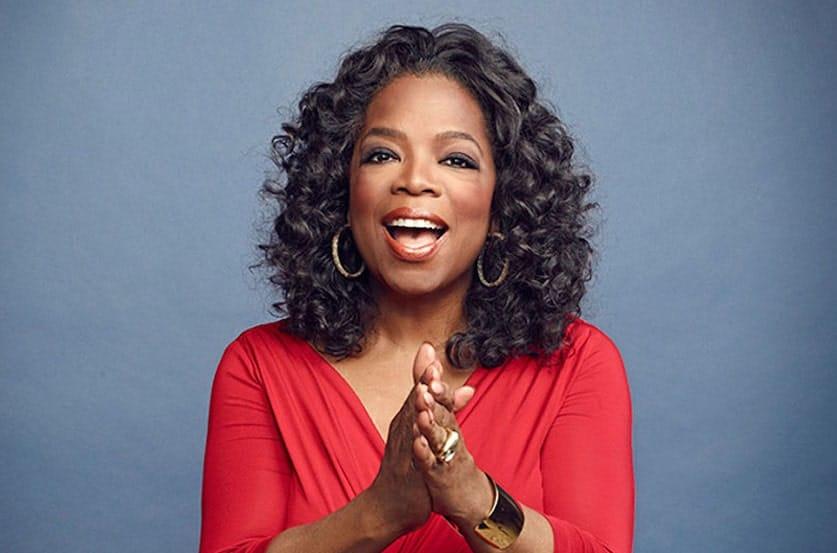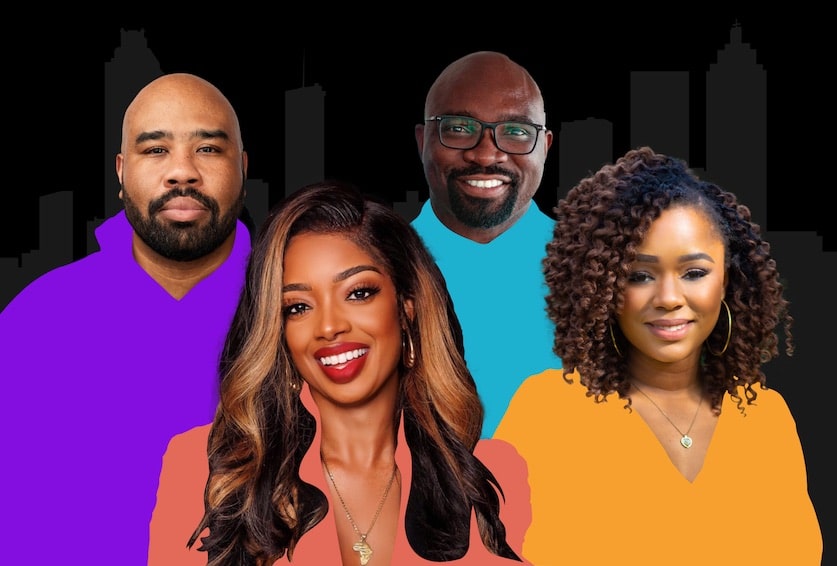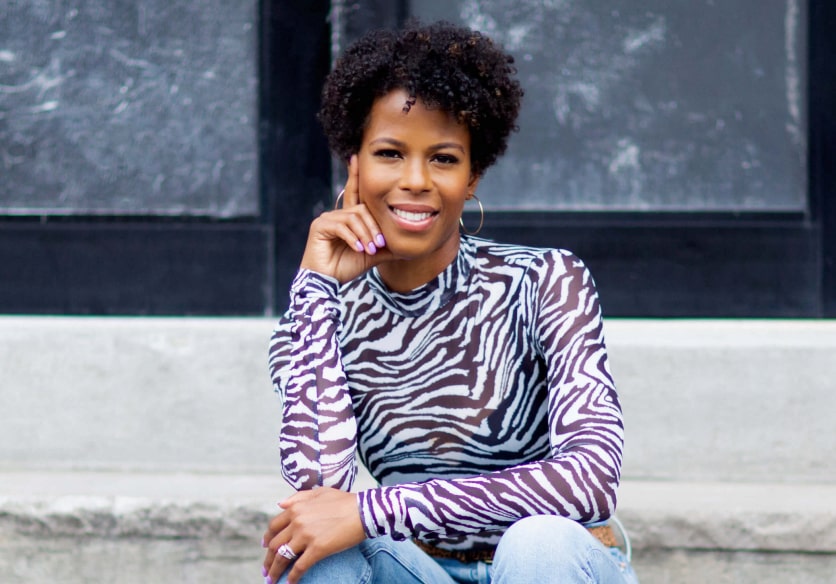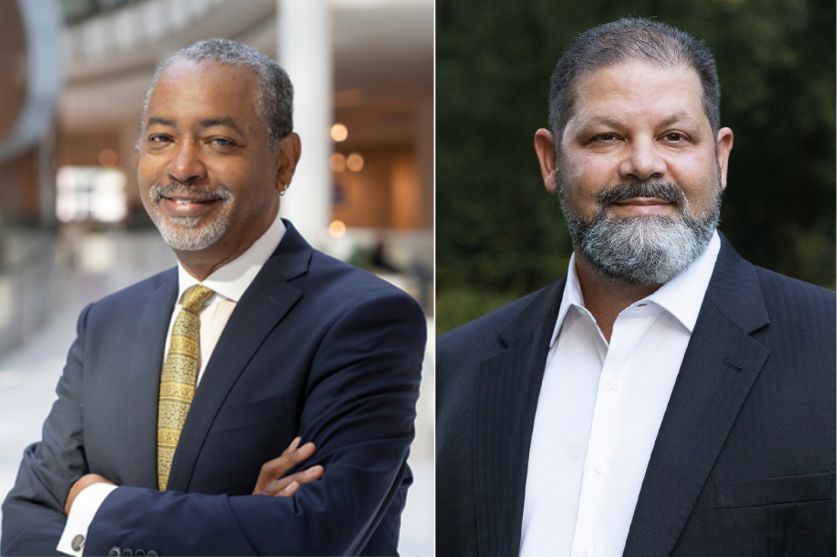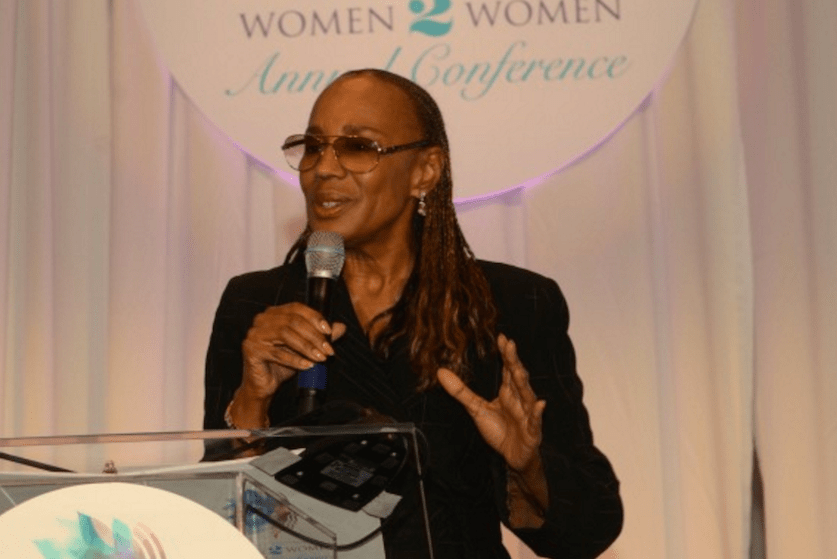
Veteran journalist Susan L. Taylor talks candidly at women’s conference
March 20, 2015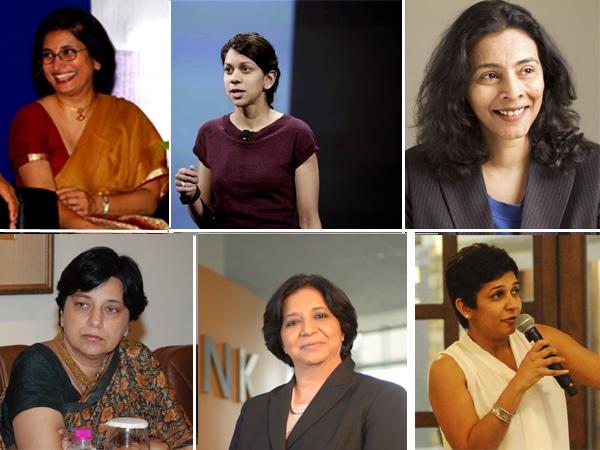
Six Indian Women in the Techie World to Watch Out For
March 22, 2015As part of Black History Month, Potential of Us interviewed several influential African Americans in the tech world, highlighting the future of entrepreneurship, artistry, and success in the black community. Charles Hudson is best known for his role as a venture capitalist at SoftTechVC. Below is a portion of the POU interview with Hudson.
Potential of Us: What led you to adopt a tech-centric career, specifically in the [venture capitalist] world?
Charles Hudson: I had kind of a strange path to venture capital. I was working for a tech startup back in the late ’90s as an intern during my senior year of college. It was a great job. I got to the end of my internship [and] I thought I was going to go into finance and move to New York, be an investment banker or money manager. On my last day at work, I talked to my boss and she told me, ‘My husband is starting this brand-new VC firm, investing money for the CIA. Instead of working in finance, you should go and be with him.’ If I hadn’t worked for her and if I hadn’t had that job, I probably wouldn’t be in venture capital today. It’s really due to her, making the intro to her husband and the two of us clicking that that it all came together.
POU: Can you talk to us about your process? What does a promising startup look like?
CH: We have a pretty simple rubric here at SoftTech. We’re really looking for three big things: A really, really awesome team, a really great product, and a really huge market. So I usually go in that order. I start, first and foremost, with the team: ‘Who are the people? Do I find them inspiring? Do I find them to be capable and smart people?’ Then, I look at market and product: ‘Are they building something interesting? Is it a market that I think in five to ten years is going to be really huge?’ But a lot of it is just energy. I’m looking for people who have that drive and ambition and passion to build something amazing.
POU: When someone has a great idea, what is the next step?
CH: I think it all does start with the idea. Some people say ideas don’t matter, but I tend to disagree. I think they’re really important. I think step one is once you’ve got that great idea, figure out what it’s going to take to get you from the idea stage to the operational stage. Do you need to recruit more people on the team? Do you need to prove the technology? Are there regulatory issues? Figure out the list of things that you need to tackle, and just start with the first one.
POU: What do you love about technology?
CH: Wow, what do I love about tech? I like the fact that every three to five years the rules get re-written. I remember the time I got my first iPhone and I was like, ‘This is a pretty cool phone. It’s definitely better than the non-interesting flip phone I had before.’ So every year, I feel like there’s a new area I love. Three or four years ago it was MOL infrastructure. Now it’s financial services and healthcare. Every element of technology is having a huge impact and big chunks of society are getting re-written, and we get a chance to participate in that as tech investors.
POU: In your opinion, why is diversity lacking in the tech world? Is it changing?
CH: I think the conversation right now is much better than it’s ever been. I think 10 years ago, the kind of conversations we were having around diversity, people were not comfortable having them and they simply weren’t happening. I think that’s changed. People are willing to have the conversation now, so I think it’s getting better, but very slowly. I think…in the engineering world, there’s a certain on-ramp. If you didn’t take computer science or a technical path in college, it’s harder to get those jobs. But that’s changing now. We’ve got ways for people mid-career and post-college to get technical training. I’m really optimistic that things are going to get better.
POU: You participate in a couple of philanthropic activities. Can you describe them, the work they do and how you are involved?
CH: Most of them are at the intersection of education and technology. I really believe that that’s where I’m called to work. The one I work with most often is CODE2040, which is a program that helps get people of color and women in technology at the earliest stage, so at the internship level. They take really promising students from around the country and connect them with really high-quality internships here in the Bay Area, and that’s been a really meaningful project for me. I’m on their advisory council and help advise the founders on how to operate. The other one I’ve been really involved with is on the other end of the spectrum. It’s an organization called Year Up, which is a national organization that helps young people get into entry-level careers in technology to build great futures for themselves and their family. That’s been a really awesome organization. I’ve met really talented young people who desperately want to get into tech and desperately want to better their lives. They go through a really rigorous, intensive program of both technical education and career and life skills that puts them on a great path.
SOURCE: Written by Brandon Bouknight via verizonwireless.com/



